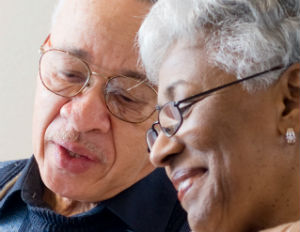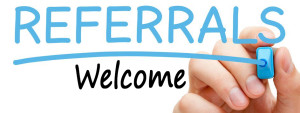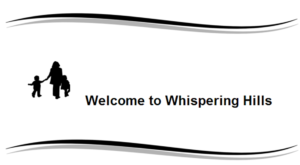
Ovarian Cancer – Signs and Symptoms
It is always important to pay attention to your body and know what is normal for you from head to toe. It is especially important for women to pay attention to certain gynecologic signs that may be abnormal. Those signs may be your body telling you something is seriously wrong. According to the Ovarian Cancer National Alliance, The American Cancer Society estimates that in 2013, about 22,240 new cases of ovarian cancer will be diagnosed and 14,030 women will die of ovarian cancer in the United States. A woman’s lifetime risk of developing invasive ovarian cancer is 1 in 72 and a woman’s lifetime risk of dying from invasive ovarian cancer is 1 in 95.
According to the Centers For Disease Control, Ovarian cancer may cause one or more of these signs and symptoms—
- Vaginal bleeding or discharge from your vagina that is not normal for you.
- Pain in the pelvic or abdominal area (the area below your stomach and between your hip bones).
- Back pain.
- Bloating, which is when the area below your stomach swells or feels full.
- Feeling full quickly while eating.
- A change in your bathroom habits, such as having to pass urine very badly or very often, constipation, or diarrhea.
Research suggests that the majority of women with ovarian cancer experience symptoms. Symptoms vary and often depend on the location of the tumor and its impact on the surrounding organs. Many ovarian cancer symptoms mimic those of less life-threatening conditions such as irritable bowel syndrome which makes it even that much more important to see a doctor if you are experiencing any of the above mentioned symptoms.

When Faced with Resistance…
When faced with resistance, apply persistence!

HIV/AIDS and Aging
HIV/AIDS and aging were not usually two words that went together. When the epidemic first began to spread, those who were diagnosed were not expected to live much longer. Fortunately,with new medications and treatments, the life expectancy of someone living with HIV/AIDS has increased drastically which makes aging with HIV/AIDS a reality all over the world. In fact, almost one-fourth of people living with HIV/AIDS in our world today are over the age of 50. Living with HIV presents certain challenges, no matter what your age. Yet, older Americans with HIV may face different issues than their younger counterparts, including greater social isolation and the lack of a strong, local support system. Older individuals may also face different stigmas when disclosing their status to partners, family, or friends. Aging normally is associated with a myriad of risks including anything from arthritis to osteoporosis. Yet, complications can arise and illnesses can be worsened with aging and HIV. Some of those specific illnesses include Dementia, Depression, High Cholesterol, and Infections to name a few.
In all actuality, there may even be many more cases today than we know about. Why? One reason may be that doctors do not always test older people for HIV/AIDS and so may miss some cases during routine check-ups. Another may be that older people often mistake signs of HIV/AIDS for the aches and pains of normal aging, so they are less likely than younger people to get tested for the disease. Also, they may be ashamed or afraid of being tested. People age 50 and older may have the virus for years before being tested. By the time they are diagnosed with HIV/AIDS, the virus may be in the late stages.
The number of HIV/AIDS cases among older people is growing every year because:
1. Older Americans know less about HIV/AIDS than younger people do. They do not always know how it spreads or the importance of using condoms, not sharing needles, getting tested for HIV, and talking about it with their doctor.
2. Healthcare workers and educators often do not talk with middle-aged and older people about HIV/AIDS prevention.
3. Older people are less likely than younger people are to talk about their sex lives or drug use with their doctors.
4. Doctors may not ask older patients about their sex lives or drug use or talk to them about risky behaviors.
Remember, W.O.M.E.N. offers FREE and CONFIDENTIAL HIV testing as well as counseling services. There is no reason, especially age, to not stop by and know your status.

W.O.M.E.N. On A Journey – Our 2013 Spring/Summer Newsletter
A bit of time has gone by since the last edition of ‘W.O.M.E.N. On A Journey’, and what a journey we are on. There have been a lot of exciting changes, additions, and ideas going on in and out of the office and we are all very excited for this next chapter of the organization. In keeping with our mission, W.O.M.E.N. has been a part of numerous health fairs and festivals throughout the community. We have formed wonderful new partnerships and are conducting on-site health screens and counseling in addition to our other services. As you will read further in this edition, we also have a number of new campaigns that are shaping up to not only change our organization, but change the lives of those we touch.
Please click HERE to view our 2013 Spring/Summer Newsletter!






